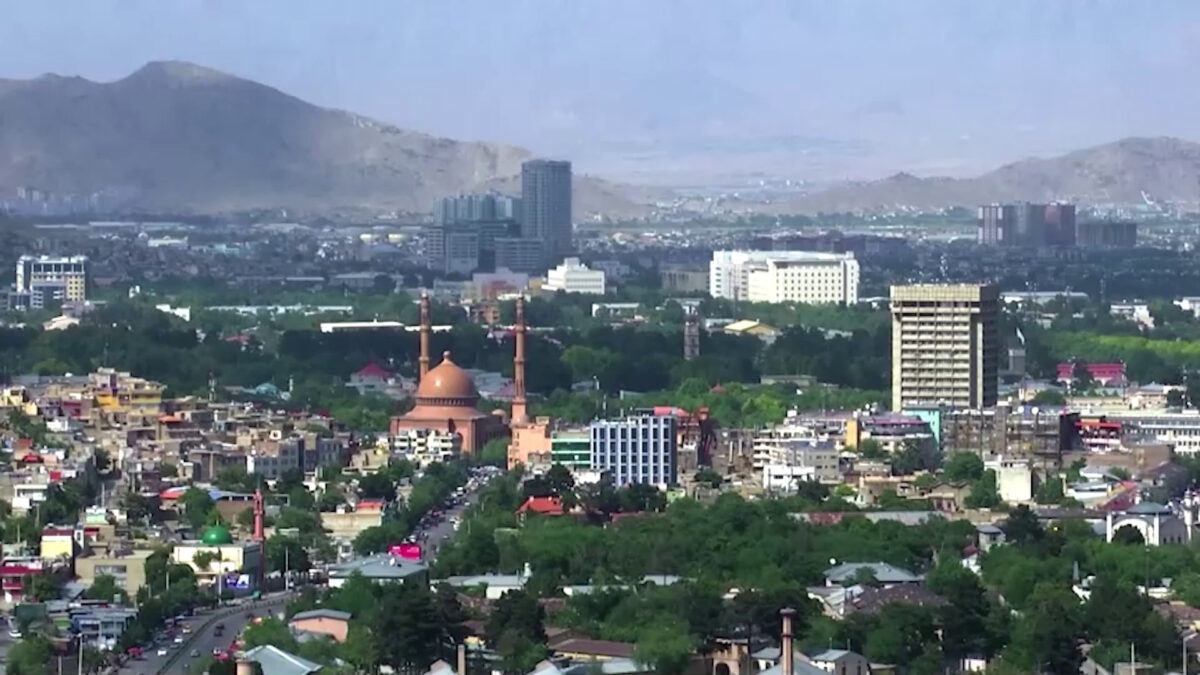Afghanistan has one of the world’s highest numbers of enforced disappearances, with tens of thousands of people unaccounted for after being detained by government or militia forces since the late 1970s, according to a report by Human Rights Watch.
The report, released on August 30, the International Day of the Disappeared, underscores that authorities across Afghanistan’s history have forcibly disappeared opponents. It advocates for addressing the longstanding impunity surrounding these abuses.
Human Rights Watch described enforced disappearances as grave international crimes, noting that they remain ongoing as long as the fate of those who have disappeared is unacknowledged and their whereabouts unknown.
The report placed the Taliban among the abusive authorities over the past 46 years who have used enforced disappearances to assert control and instill fear in those who oppose them.
“The victims include hundreds of members of the former government’s security forces, many of whom are feared to have been summarily executed after being detained, and women protesters who have been held incommunicado, sometimes for many weeks,” the report said.
The publication of a list in 2013 of people forcibly disappeared in Afghanistan after the communist coup in 1978 allowed families to finally hold mourning ceremonies for their relatives, the report noted.
Human Rights Watch said that the so-called death list of 4,785 names represented only a fraction of the tens of thousands forcibly disappeared and presumably executed between 1978 and 1979.
“Other lists include more than 600 people captured by various rival militia forces during the intense fighting that engulfed Kabul between 1992 and 1995,” the report said. “They include students, journalists, shopkeepers, and other civilians detained and disappeared by every militia force fighting in Kabul, including Shura-e Nazar, Ittihad, Junbish, Hezb-i Wahdat, and the Taliban.”
The report also highlighted the period between 2010 and 2018, during which U.S.-backed police forces in Kandahar were reportedly responsible for some 2,200 enforced disappearances of accused Taliban members as well as civilians from rival tribal communities.
Human Rights Watch raised concerns that no entity implicated in disappearances in Afghanistan has ever acknowledged responsibility.





